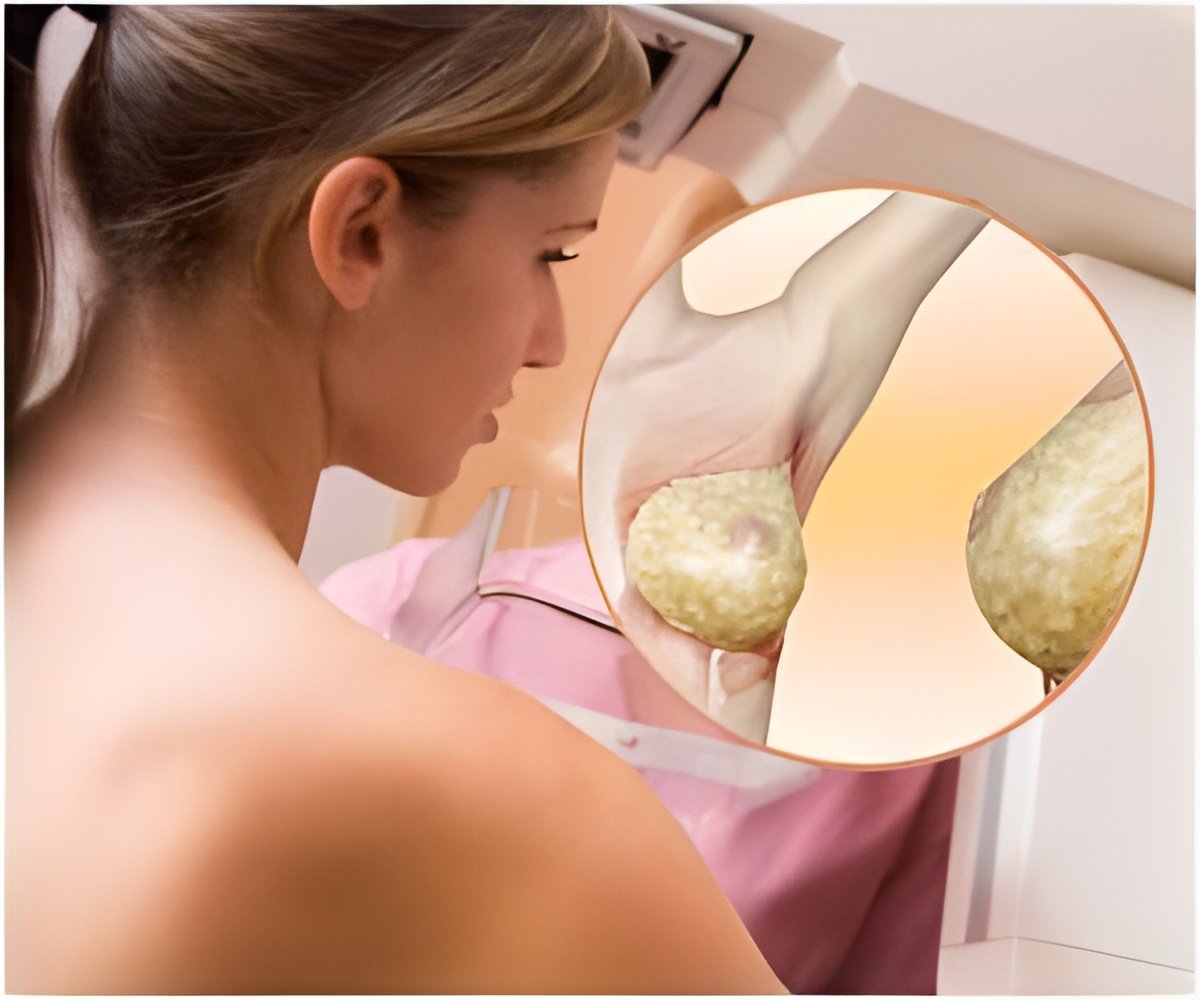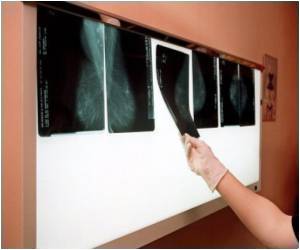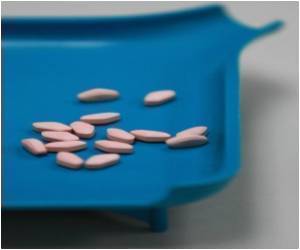A study has suggested that new Nanobody agents can help physicians identify patients most likely to benefit from breast cancer drug therapies.

In addition, some drugs have side effects that may cause damage to vital organs, making it more crucial for physicians to get the right treatment to the right patient the first time around.
"What makes Nanobodies so promising is that they are robust, small enough for rapid elimination from the body, and easy to produce at a relatively low cost," Ilse Vaneycken, M.Sc., a researcher involved in the work, said.
To make this discovery, Vaneycken and her colleagues started with the target of the therapeutic drugs (HER2) and immunized a dromedary camel to raise special antibodies unique to this species.
Next, all unnecessary parts of the camel's antibodies were removed and cloned in bacteria.
Of 100 million bacterial clones, the team selected those that produced the 40 Nanobodies that recognized or bound to the same site targeted by therapeutic drugs.
Advertisement
Other properties of Nanobodies, such as good expression, stability, and visibility enabled breast cancer tumours to be stained and seen rapidly were also exploited.
Advertisement
"This technique not only promises to help doctors target cancer cells with effective drugs today, but to pick out other discrete cancer targets in the future," he added.
The new discovery has been published online in The FASEB Journal.
Source-ANI















